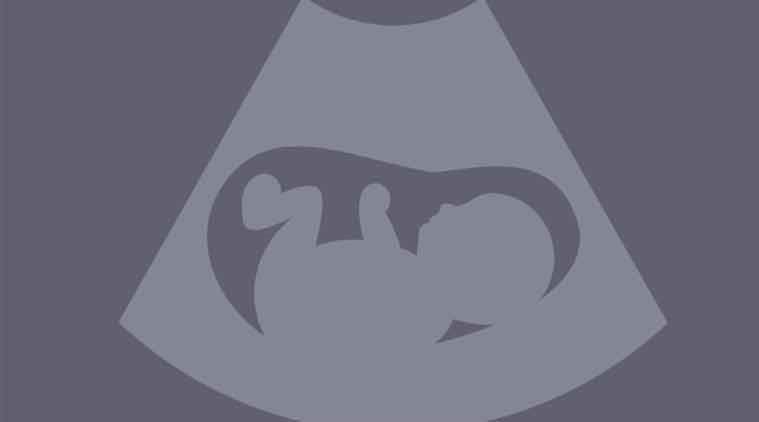ABORTION: LAWS, PUNISHMENTS AND CASES
Abortion is medically referred as a miscarriage of pregnancy. It is also an induced termination of pregnancy before 20 weeks gestation, which is considered nonviable. An adult woman requires no other person’s consent except her own for the abortion of the fetus.
Section 3 of the Medical Termination of Pregnancy Bill,1971 says that pregnancy can be terminated:
- As a health measure when there is danger to the life or risk to physical or mental health of the women;
- Eugenic grounds: where there is a substantial risk that the child, if born, would suffer from deformities and diseases and
- On humanitarian grounds: such as when pregnancy arises from a sex crime like rape or intercourse with a lunatic woman, etc.
But recently in July 2016, the apex court permitted a rape survivor to terminate her pregnancy at 24 weeks, which is beyond the permissible 20 weeks limit prescribed under the Medical Termination of Pregnancy Act, 1971.
OTHER LAWS AND PUNISHMENTS:
- The government of India has also enacted Pre Natal Diagnostic Techniques Act of 1994 and the Medical Termination of Pregnancy Act of 1971 was enacted by the Government of India with the object of reduction in the incidence of illegal abortion and consequence maternal mortality and morbidity.
- The Indian Penal Code (Act No. 45 of 1860) provides an exception and permits abortion only when it is justified for the good faith purpose of saving the life of the woman.
- In many parts of India, daughters are not preferred and hence sex-selective abortion is commonly practiced, though being illegal in India. To address the same, some statutes provide certain benefits to unborn child, resulting in an unnatural male to female population sex ratio due to millions of developing girls selectively being targeted for termination before birth.
- Section 312 to 316 of the Penal Code provided that any person performing an illegal abortion was subject to imprisonment for three years and/or payment of a fine; if the woman was “quick with child”, the punishment was imprisonment for up to seven years and payment of a fine.
- The same penalty applied to a woman who induced her own miscarriage.
CASES:
- Rajeswari v. State Of Tamil Nadu And Others
The Court granted the permission to terminate the pregnancy caused by rape to an unmarried girl of 18 years on the ground that bearing the unwanted pregnancy of the child of 3 months made her to become mentally ill. Also, the continuance of this pregnancy is causing her great anguish in mind, resulting in a grave injury to her mental health.
Dr. Nisha Malviya and Anr. v. State of M.P:
The Court granted the permission to terminate the pregnancy caused by rape committed by the accused. The allegations were that two other co-accused took her and terminated her pregnancy. So the charge on them is causing miscarriage without consent of girl. The Court held all the three accused guilty of termination of pregnancy which was not consented by the mother of the girl or the girl herself.
Murari Mohan Koley v. The State (2003)
In this case, a woman wanted to have abortion on the ground that she has a daughter who is 6 months old. So, she approached the petitioner who was a registered medical practitioner for an abortion for a consideration. But somehow the condition of the woman worsened in the hospital and she was shifted to another hospital. But it resulted in her death. The abortion was not done. He had to establish that his action was done in good faith (includes omission also ) so that he can get exemption from any criminal liability under section 3 of the MTP Act, 1971.
Shri Bhagwan Katariya And Others v. State of M.P:
In this case, after the complainant conceived pregnancy, the husband and the other family members took an exception to it, took her for abortion and without her consent got the abortion done. The Court held the doctor liable and opined that if on reference to Section 3 of the Medical Termination of Pregnancy Act, 1971, a doctor is entitled to terminate the pregnancy under particular circumstances. If a pregnancy is terminated in accordance with the provisions of concerned law, it shall be presumed that without the consent of the woman it could not be done.
Thus, the case laws establish that a woman has an absolute right to abortion and no one can take away this right from her. Right to abortion is a fundamental right of privacy. The Judiciary has been playing a vital role in securing these rights to women.

